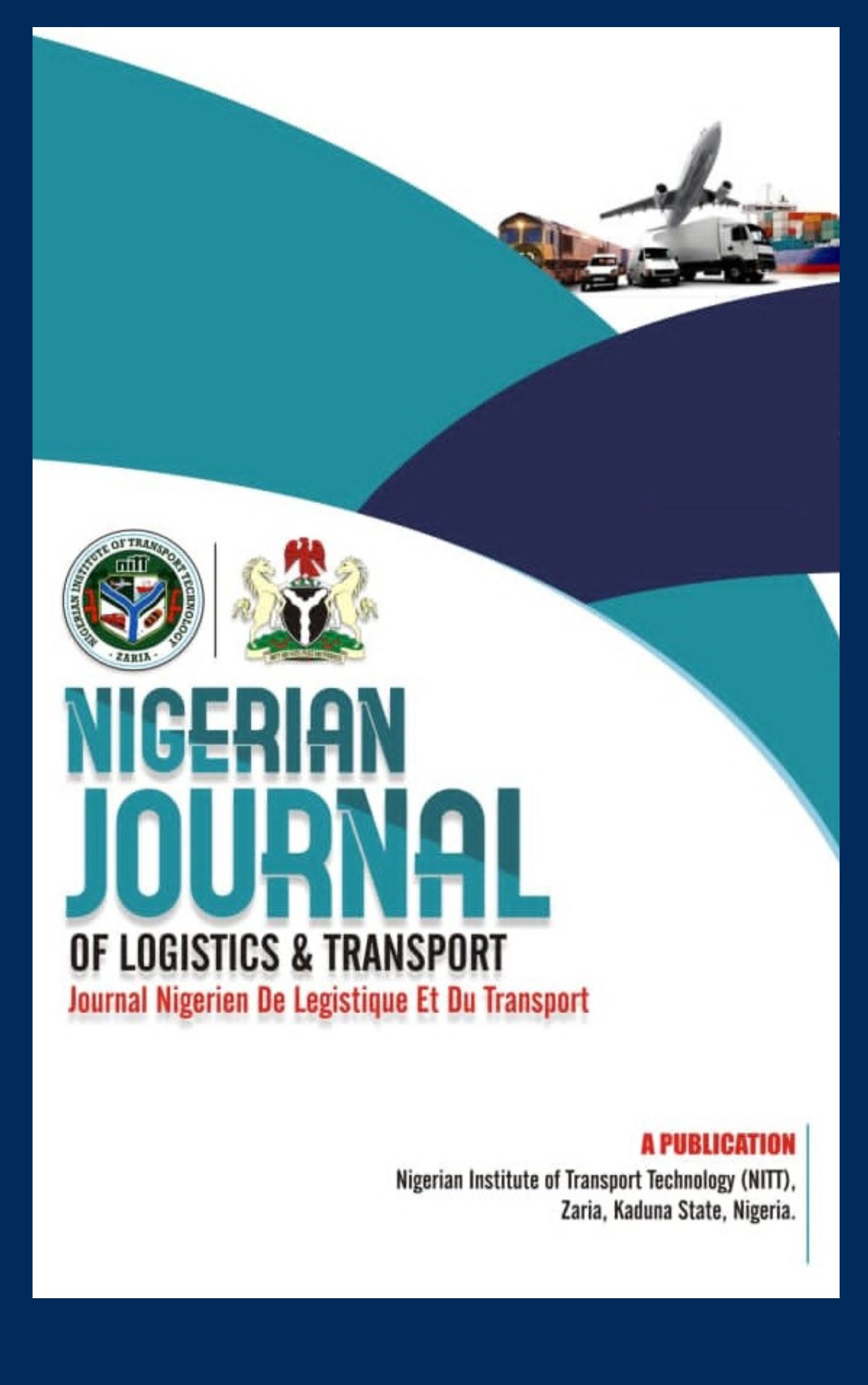Abstract
This report presents the Socio-Economic Impacts of Helicopter Operations on National Development in Nigeria Oil & Gas Sector. Helicopter services ensured peaceful operation in the Oil & Gas industries, this is due to it is safety and speedy nature compared with ferries and badges. Helicopter safety continues to be a key topic in Oil and Gas history, its plays an important role in transferring the workforce offshore safely. It’s also enormous in it is surveillance and security services, it has been able to use these aspects of its service rendition to help in maintaining stable Oil and Gas Floating Production Storage and Offloading (FPSO), with a diverse scheduled of flight depending on the distance of the assets from shore and the heliport chosen as base. Even with its safety-demanding services granted, the Helicopter operations face its own challenges that cut across the sector, ranging from high cost of fuel, high tariff by customs, exorbitant cost of exchange rate and the need to have consistent transport or aviation policy not subjected to the whims of the minister in-charge of the industry at any point of time among other issues. The research findings give an insight of revenue generated monthly by an individual helicopter company with $201,000 - $300,000 of the highest respondent, it’s also revealed that the helicopter passenger carrying capacity is 11 to 15 personnel. The study recommend that there should be consistent implementation of waiver of tariffs on aircrafts and spares given by the Federal Government, and also the need for the government to introduce or force the existing regulatory body (the Nigeria Civil Aviation Authority NCAA) to devoid of favouritism.



 National Library of Nigeria
National Library of Nigeria.jpg) Association of Nigerian Authors
Association of Nigerian Authors Nigerian Library Association
Nigerian Library Association EagleScan
EagleScan Crossref
Crossref